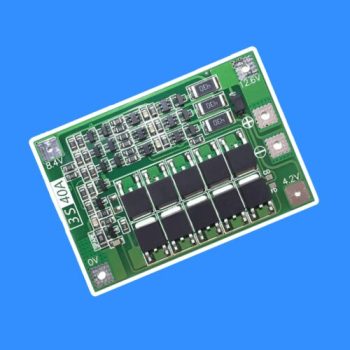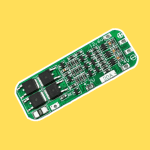A brief explanation of the difference between Li-ion and Li-Po cells helps explain what their BMS needs are. Li-Po batteries, which sport a more energy dense pack (for lightweight, compact form factor), are more perfect for high power applications. However, Li-ion cells are more stable and usually have greater longevity, albeit at a slightly heftier build. By balancing each cells energy load, regulating voltage and temperature, a reliable BMS allows both types of batteries to perform optimally. This control mechanism makes our lithium-ion and lithiumpolymer batteries the safest and longest lived ones.
Battery Management Systems (BMS) for rechargeable lithium – ion (Li-ion) and lithium – polymer (Li-Po) cells are indispensable to ensure safety and efficiency in the application of such cells. These batteries are designed to protect by preventing overcharging, deep discharge, overheating, etc, things that could harm the battery itself or the device in any manner. Li-Po cells BMS is ideal for applications in drones, electric vehicles, and portable electronics because it monitors the voltages of individual cells and balances the cells to make sure the cells are running at their best to prolong battery life. Moreover, a good BMS can also identify a possible failure at early stages of development and provides real time diagnostics to Li-ion and Li-po battery pack.






